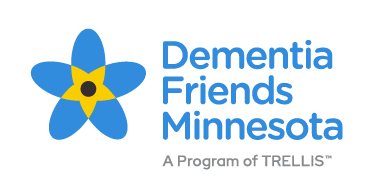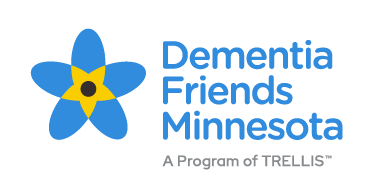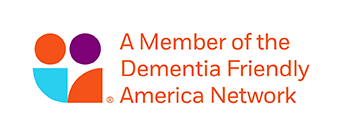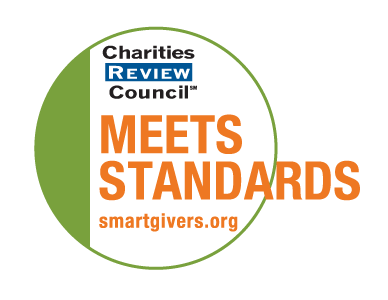Dementia Friends Interview: Lori Paulson
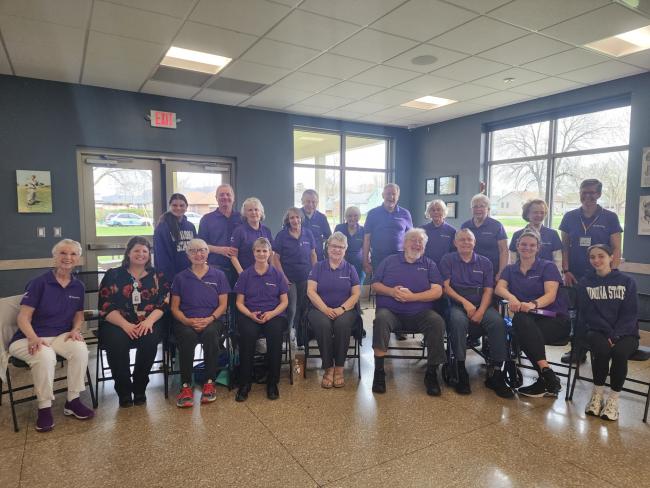
To celebrate the tenth anniversary of Dementia Friends Minnesota, every month we will be featuring a Friend who has taken the work to new heights. This month, we spoke to Lori Paulson about her work with the City of Winona.
When did you start working with Dementia Friends?
It was 2016 when the ACT on Alzheimer's team came in and 2017 when Dementia Friends was implemented in Winona. My director at the time was an outside of the box thinker and our action team was large, 40+ people.
What does Dementia Friends look like in Winona?
Today the action team is most active during our week of dementia education each year. For the week (usually in April) we start out with a choir concert from Forget Me Notes Chorus and we have a resource fair that day, too. This year we had a collaborative event with Benedictine Winona, a long-term care facility, and we did cognitive and hearing screenings, which is similar to our health clinics on Thursdays during the school year with Winona State. It is a free health clinic where they do pedicures for people, blood pressure checks, and then we added the cognitive and hearing screening this last semester because as we know dementia and hearing loss can be confused. This year also included an art walk; we did youth programming with sessions at a charter high school where we added Marie Hlava’s piece into it with a successful journaling activity. And we had a library story time for small children, too.
Outside of this week, we do dementia sessions every month for the public and our city employees when they are hired. We also do them for nursing students, hospice staff, senior living staff and families who want to hear from someone outside their organization, and our part-time rec staff.
How do you modify Dementia Friends for your community?
I use a lot of real-life examples. For example, we have a pretty famous Winonan who has a blog, Virginia Laken (https://virginialaken.com/), and she talks about mild cognitive impairment and boundary setting. She says if our family went to a wedding and so-and-so fell on the floor and the cake was melting and the dresses were red and I don’t remember any of this, I tell my family to just stop talking about it. That memory is gone, all the promptings that you give me are not bringing that memory back so let's just move on.
It’s not rocket science. Being a Dementia Friend is about being a good human being. We all can just slow down. In my seven years with this, I've morphed my own three keys to caregiving: Speaking in seven words or less, the picture of the brain with dementia, and the pausing for twenty second activity. I think the twenty second pause is the most effective thing out there.
My real-life example is a man who is a member of our Dementia Friendly community. He was in a care facility and he was visiting with his wife and another couple. He was a guitar player and it was one of the first skills that he lost with his disease. Someone asked him, who's the best guitar player? He didn’t respond so they continued with their conversation but five minutes later he said, Leo Kottke. And the room rejoiced. Those real-life examples show that they are in there and their brain just doesn't work the same.
What kind of advice do you have for other Champions who might just be getting started?
It's okay to have to read off the script. It is so fun, so encouraging to see someone when that lightbulb goes off. When you see people just getting it and knowing, wow I can make some changes, that is so gratifying. And as Danette McCarthy (of The Remember Project) said to me once, the right people are there at the right time. That's what matters. I’ll do a presentation for one person, I’ll do it for ten. Numbers don't matter if you're introducing someone to this information, that's all that matters.
